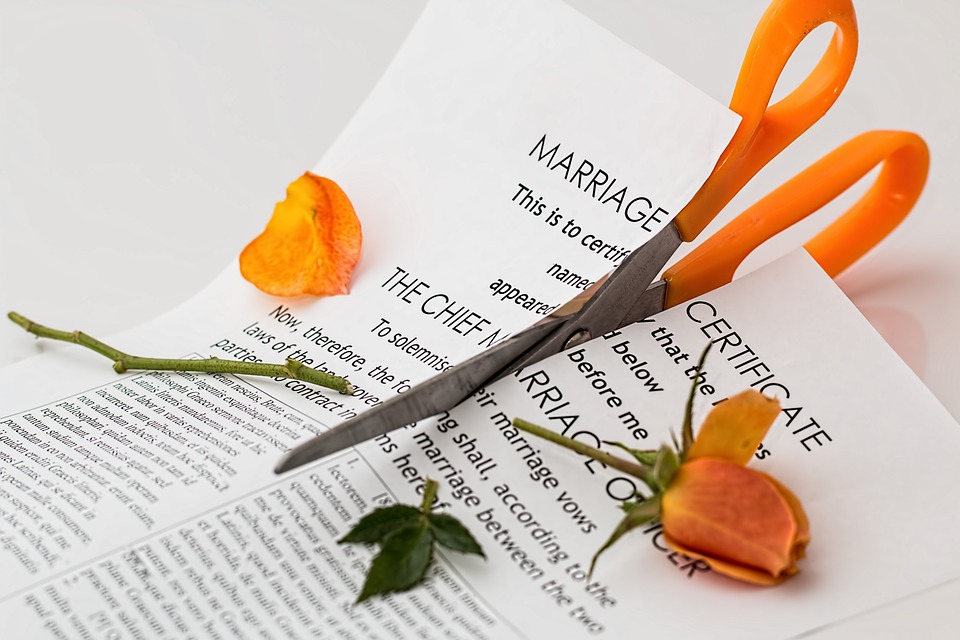Couples who are in a civil partnership or married are generally a wise choice when finding tenants for your property. Unfortunately, though, things don’t always work out, and many marriages end in divorce. As a landlord, what should do you do if your tenants inform you they are getting divorced? That depends in part on what type of tenancy they are under.
Joint tenancies
Most couples, whether married, in a civil partnership or otherwise, rent on a joint tenancy. If this is the case for your tenants, they remain jointly responsible for rent payment even if one of them leaves.
One option is to draw up a new agreement as a sole tenancy with the remaining tenant, but bear in mind this could complicate things legally as you are dealing with only one of the two original tenants. If you want to take this course you must ensure that the tenant who has moved out agrees to the change. It would also be practical to seek legal advice.
You may wish to consider leaving the agreement as a joint tenancy for the time-being to protect your rental income – after all, if both parties are still liable, you can contact the absent spouse if the present tenant defaults. However, this could draw you into marital disputes you wish to avoid.
You should also bear in mind that under a joint tenancy both tenants still have a right to access and / or occupy the property, therefore, you or the remaining tenant cannot change locks or otherwise refuse entry to the tenant who had left. If this is going to be a problem, you can solve it by drawing up a new agreement on the basis of sole tenancy or getting a court order denying the other tenant access.
Above all, be flexible. If one person wants to surrender the tenancy after the fixed term, be prepared to allow the other tenant to continue on a sole tenancy if they wish (and can afford to). You may wish to consider renewing the contract on the basis of a shorter fixed term or rolling tenancy in case further problems arise, and to give your remaining tenant greater flexibility.
Sole Tenancy
You might think that, if the tenancy is in one name only, it is the tenant who signed the Tenancy Agreement who has the right to remain in the property. This is not the case – under what is known in England and Wales as ‘home rights’, both spouses have the right to remain in the property for as long as the marriage or civil partnership still exists in law.
However, only the person who signed the Tenancy Agreement is responsible for rent. This could make for a complicated situation, especially if it is the spouse who did not sign the contract who remains in the property. If this is the case, and the other spouse wishes to surrender the tenancy, you would need to transfer the tenancy before the divorce becomes final.
Whether you are letting your property on a joint or sole tenancy, there are some points to remember. Firstly, keep communication lines open, and try to avoid being seen as taking sides. This will hopefully smooth over any problems and avoid you getting drawn into arguments.
Secondly, seek legal advice – it is as important to you as it is for the couple to have sound legal backing whatever course you and your tenants agree to take. Finally, you may wish to consider advising the remaining tenant on their financial options, for instance, housing benefits or debt advice charities. Not only does this help them, but it can also protect your investment by ensuring that rent can still be paid.

Write a Comment